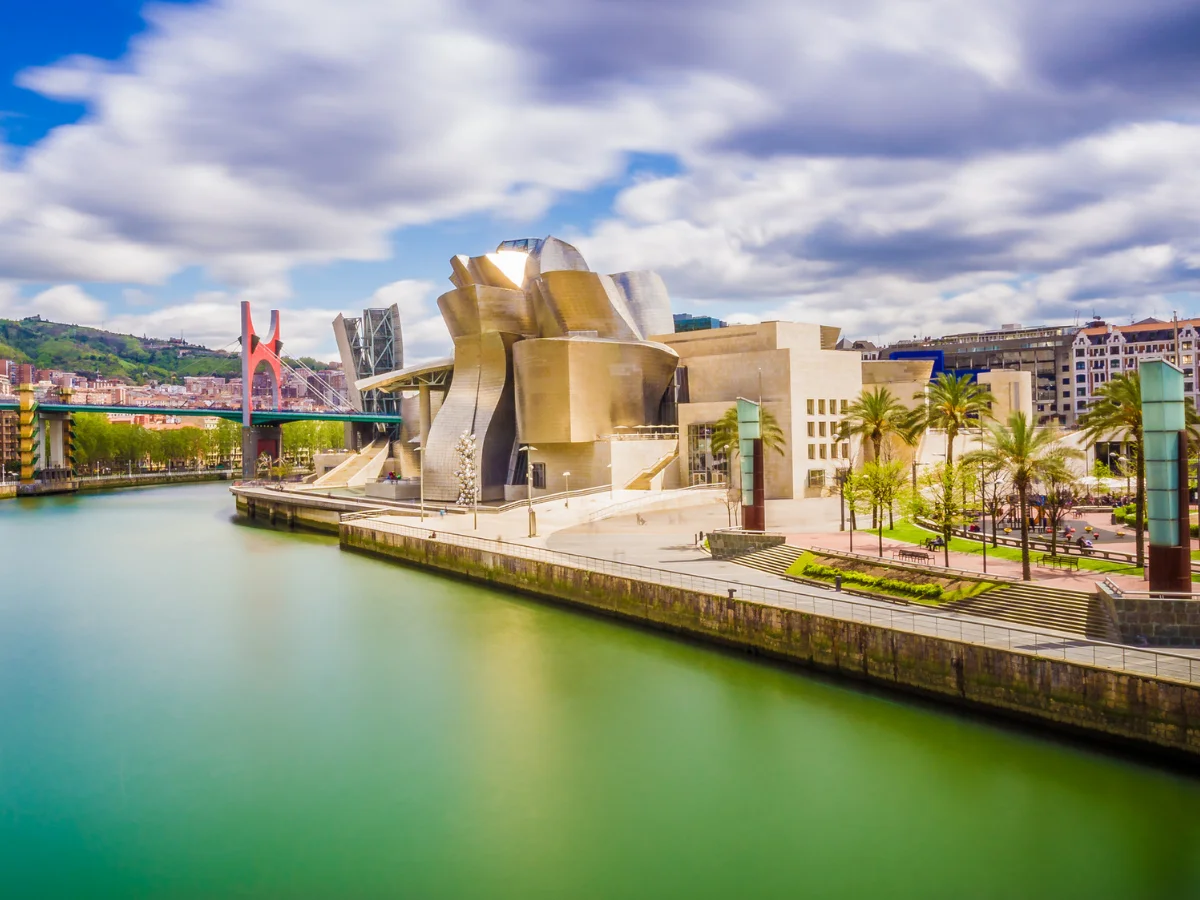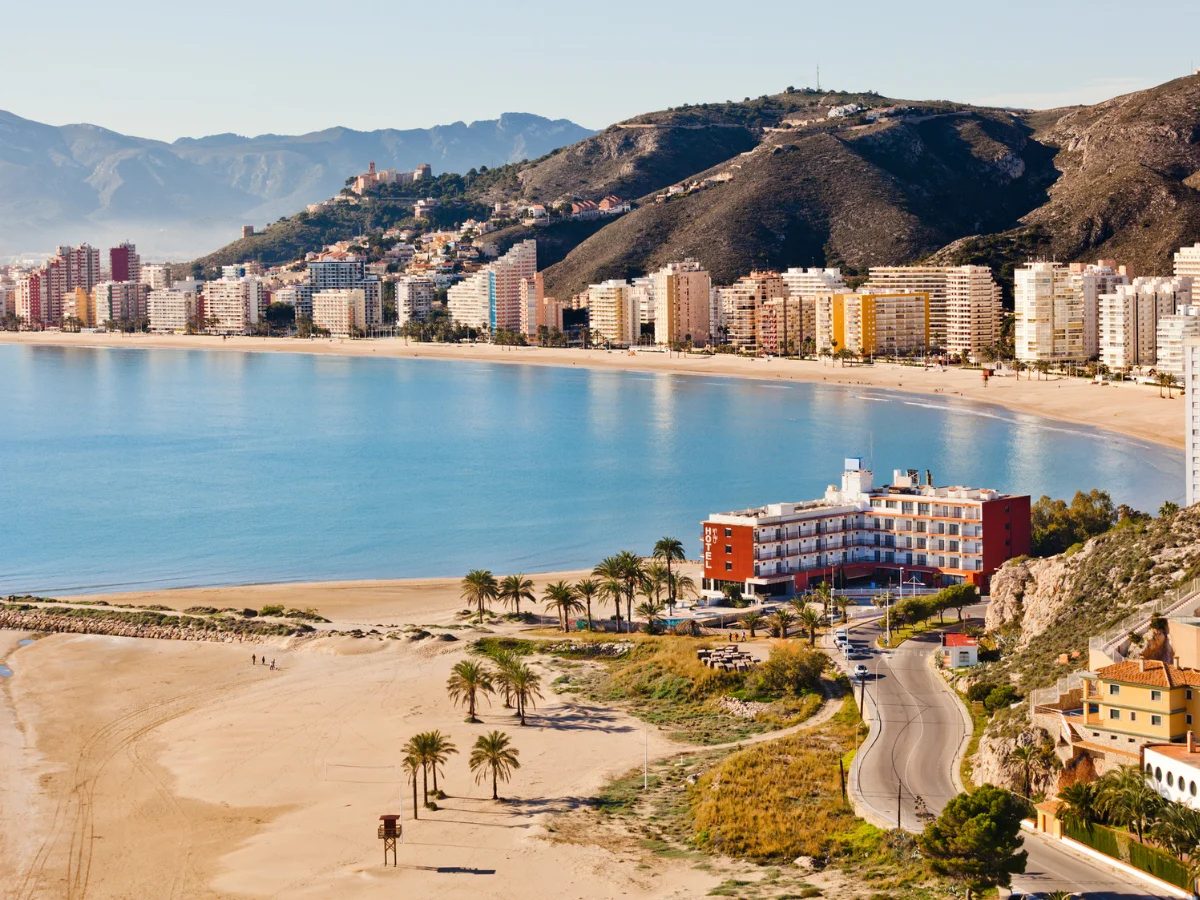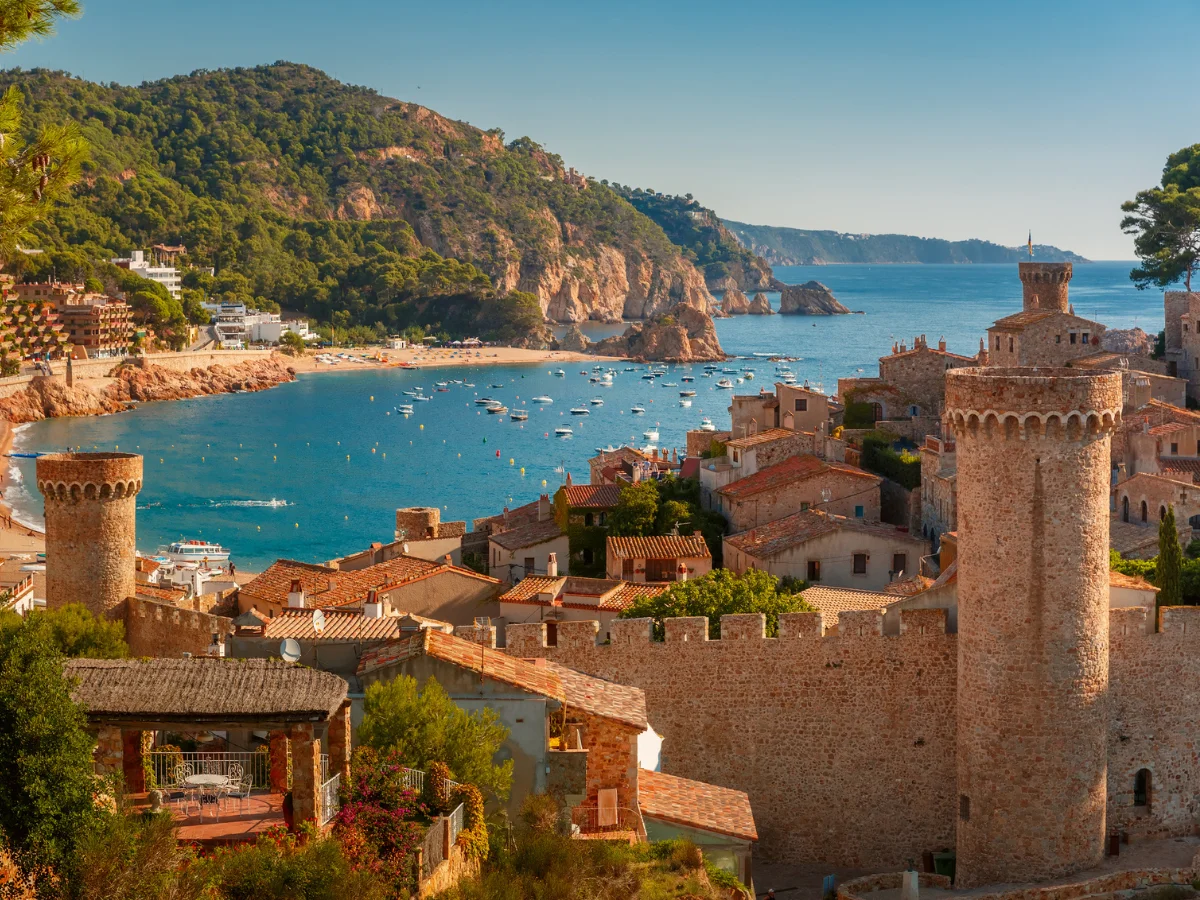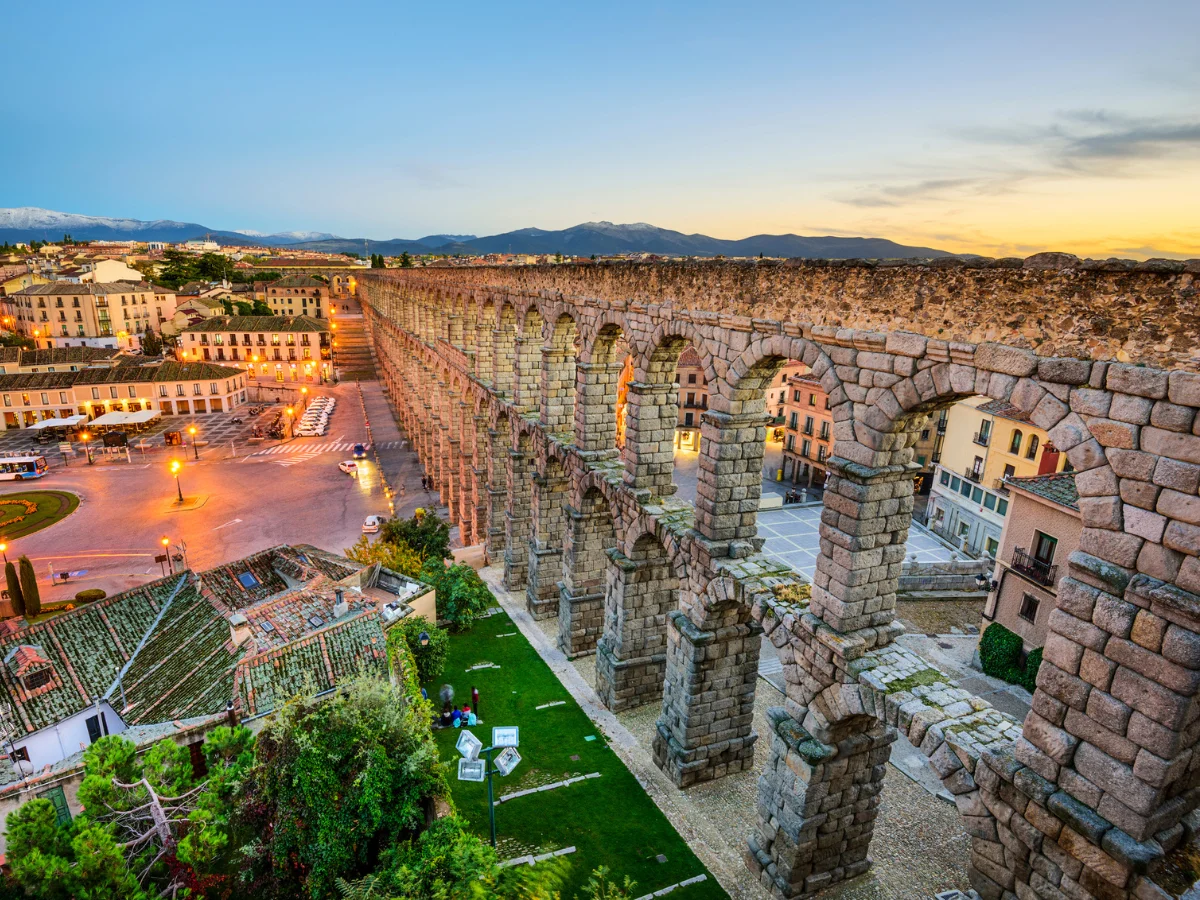Carthage's Influence in Ancient Spain
Carthage’s influence in ancient Spain shaped the course of Iberian history, leaving a lasting imprint on culture, politics, and warfare. Carthage engaged in wars with local people and Rome, shaping ancient Iberia’s destiny. Hannibal’s campaigns showcased Carthage’s resilience and military prowess. Despite initial success, Carthage’s dominance waned, leading to Roman control. However, Carthaginian cultural and economic legacies endured in Spain.
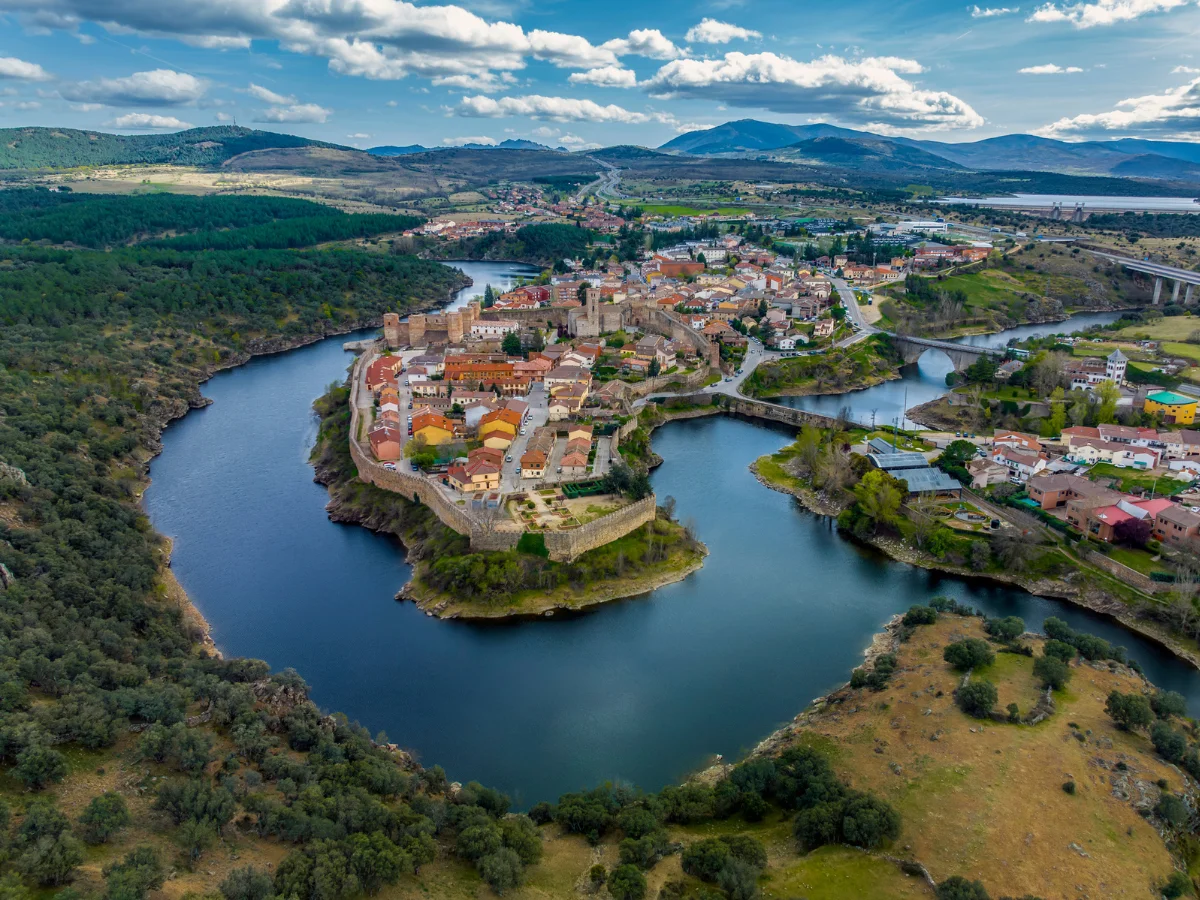
Carthage's Influence in Ancient Spain
The Founding of the Empire of Carthage
Carthage, an ancient city-state located in present-day Tunisia, emerged as a dominant power in the western Mediterranean during the first millennium BC. The founding of the Carthaginian Empire marked a significant chapter in the history of the ancient world, shaping the course of trade, politics, and warfare in the region.
Phoenician Origins
Carthage traces its origins to Phoenician settlers from the city of Tyre, who established colonies along the North African coast in the 9th century BC. These colonies, known as “Punic” settlements, served as trading outposts and strategic bases for Phoenician maritime activities in the Mediterranean.
Rise to Power
As Carthage grew in wealth and influence, it began to assert control over neighboring territories, expanding its territory and establishing colonies throughout the western Mediterranean. The acquisition of fertile lands, such as Sicily and Sardinia, provided Carthage with valuable resources and strengthened its economic and military power.
Mediterranean Dominance
By the 5th century BC, Carthage had emerged as the preeminent naval power in the western Mediterranean, dominating trade routes and controlling vital maritime chokepoints. Its navy, comprised of triremes and skilled sailors, ensured the security of Carthaginian trade and facilitated the expansion of its empire.
The Rise of Carthaginian Hegemony
Under the leadership of ambitious rulers and generals, such as Hamilcar Barca and his son Hannibal, Carthage expanded its influence beyond North Africa, establishing colonies and alliances across the Mediterranean. The conquest of strategic territories, such as Corsica, Sardinia, and parts of Spain, solidified Carthaginian hegemony in the region.
Military Power
Carthage’s military prowess was a key factor in its rise to empire. The Carthaginian army, comprised of professional soldiers and mercenaries, was well-trained and equipped for both land and naval warfare. Its innovative tactics and strategic vision allowed Carthage to achieve military superiority over its rivals.
Commercial Success
Trade was the lifeblood of the Carthaginian Empire, driving its economy and fueling its expansion. Carthage controlled lucrative trade routes connecting the Mediterranean with Africa, Europe, and the Near East, monopolizing the flow of goods such as grain, timber, metals, and luxury goods.
Cultural Exchange
As a hub of commerce and diplomacy, Carthage served as a melting pot of cultures, religions, and ideas. The city’s diverse population, comprised of Phoenician settlers, indigenous Berbers, Greeks, Romans, and others, fostered a rich tapestry of cultural exchange and innovation.
Carthage's Influence in Ancient Spain
Carthage’s Expansion to Spain
Carthage, an ancient city-state located in present-day Tunisia, embarked on a remarkable journey of expansion across the Mediterranean, including into the Iberian Peninsula, known today as Spain. This expansion marked a significant chapter in Carthaginian history, shaping the region’s politics, culture, and commerce.
Early Contacts
Carthage’s interest in Spain can be traced back to the 6th century BC when Phoenician traders established colonies along the Spanish coastline. These settlements served as trading posts and provided Carthage with access to valuable resources such as silver, copper, and agricultural products.
Founding of Carthaginian Spain
Carthage’s direct involvement in Spain intensified in the 4th century BC as it sought to secure its interests and expand its influence in the region. Carthaginian generals, such as Hamilcar Barca, established military outposts and fortified settlements along the Spanish coast, laying the groundwork for Carthaginian control.
The Barcid Dynasty
The Barcid family, notably Hamilcar Barca and his sons Hannibal and Hasdrubal, played a pivotal role in Carthage’s expansion into Spain. Hamilcar’s conquests in southern Spain, particularly in the region of Andalusia, solidified Carthaginian control and established the foundation for future campaigns against Rome.
Impact on Indigenous People
Carthage’s expansion into Spain had profound consequences for the indigenous people of the Iberian Peninsula. While some people allied themselves with Carthage against Rome, others resisted Carthaginian rule, leading to conflicts and shifting alliances throughout the region.
Economic Prosperity
Carthage’s control over Spain brought economic prosperity to both the city-state and the region. Spanish silver mines, particularly in the regions of Andalusia and Cartagena, provided Carthage with a vital source of wealth, funding its military campaigns and commercial enterprises across the Mediterranean.
Carthage's Influence in Ancient Spain
Military Organization
Carthage boasted a well-organized military structure comprised of a professional standing army supplemented by mercenaries. The army was divided into infantry, cavalry, and naval forces, each with specialized roles and training.
Infantry Forces
The infantry formed the backbone of Carthage’s military might. Soldiers were recruited from the citizenry and trained rigorously to wield a variety of weapons, including swords, spears, and shields. They fought in disciplined formations, employing tactics such as the famous “double envelopment” maneuver to outflank and overwhelm adversaries.
Cavalry Units
Carthaginian cavalry units were renowned for their speed, mobility, and skill in both reconnaissance and battle. Mounted on swift horses, they excelled in hit-and-run tactics, harassing enemy formations and exploiting vulnerabilities in their lines. Carthage’s cavalry played a crucial role in securing victories on the battlefield.
Naval Supremacy
Carthage’s naval fleet was unrivaled in the ancient world. With advanced shipbuilding techniques and skilled sailors, Carthaginian warships dominated the seas, securing trade routes and projecting power across the Mediterranean. The famous Carthaginian triremes were formidable vessels, capable of ramming and boarding enemy ships with precision and efficiency.
Legacy and Influence
Despite its eventual defeat by Rome in the Third Punic War (149-146 BC), Carthage’s military legacy endured. Its tactics, strategies, and innovations influenced subsequent civilizations and military thinkers, shaping the course of military history for centuries to come.
Carthage's Influence in Ancient Spain
The Wars Between Carthage and Rome
The conflict between Carthage and Rome, known as the Punic Wars, shaped the course of Mediterranean history. These wars, fought over dominance and control, spanned several decades and saw numerous battles that left an indelible mark on both civilizations.
The First Punic War
The first Punic War erupted in 264 BC over control of Sicily. The Battle of Mylae marked the first naval clash, where Rome’s innovative tactics secured a decisive victory. Following engagements like the Battle of Sulci and the Battle of Tyndaris, Rome established dominance at sea.
The Battle of Cape Ecnomus
One of the most significant confrontations of the first Punic War was the Battle of Cape Ecnomus in 256 BC. Here, Rome’s fleet faced Carthage’s superior naval force. Employing a novel strategy, Rome rammed and boarded Carthaginian ships, clinching a monumental victory.
The Battle of Drepana
In 249 BC, the Battle of Drepana unfolded, showcasing Carthage’s naval prowess. Carthaginian commander Adherbal’s cunning maneuvers outmaneuvered the Romans, resulting in a devastating defeat for Rome’s fleet.
The Battle of Panormus
Despite setbacks, Rome continued to press Carthage. The Battle of Panormus in 251 BC saw Roman forces under Lucius Caecilius Metellus clash with Carthaginian troops. Though inconclusive, it weakened Carthage’s grip on Sicily.
The Battle of Lilybaeum
Another pivotal engagement in Sicily was the Battle of Lilybaeum in 241 BC. Rome’s victory here marked the beginning of the end for Carthage’s hold on the island, leading to the eventual peace treaty in 241 BC.
The Second Punic War
The Second Punic War erupted in 218 BC, sparked by Hannibal Barca’s audacious march through the Alps. Hannibal’s tactical brilliance led to stunning victories for Carthage, notably at the Battle of Trebia in 218 BC and the Battle of Lake Trasimene in 217 BC.
The Battle of Cannae
The Battle of Cannae in 216 BC stands as one of Hannibal’s crowning achievements. Employing a double envelopment strategy, his forces encircled and annihilated a larger Roman army, resulting in one of the most significant defeats in Roman history.
The Battle of Baecula
Despite Hannibal’s successes, Rome managed to resist. The Battle of Baecula in 208 BC saw Scipio Africanus outmaneuver Carthaginian forces, securing a crucial victory in Spain.
The Battle of the Metaurus
In 207 BC, the Battle of the Metaurus proved pivotal in the Second Punic War. Roman forces, led by Gaius Claudius Nero, ambushed and defeated Carthaginian reinforcements, dealing a severe blow to Hannibal’s campaign.
The Battle of Zama
The climax of the Second Punic War came in 202 BC at the Battle of Zama. Scipio Africanus, now commanding Roman forces, employed innovative tactics to overcome Hannibal’s army, securing a decisive victory for Rome.
The Third Punic War
The Third Punic War erupted in 149 BC, fueled by Roman desire to eradicate Carthage once and for all. The siege of Carthage in 146 BC culminated in the city’s destruction, marking the end of Carthaginian power in the Mediterranean.
In conclusion, the Punic Wars between Carthage and Rome were a series of conflicts that reshaped the geopolitical landscape of the Mediterranean. These wars, spanning over a century, saw numerous battles and strategies that influenced the course of history for both civilizations.
Carthage's Influence in Ancient Spain
10 Famous Figures from Ancient Carthage
Ancient Carthage, a powerful city-state in North Africa, produced many notable individuals who left their mark on history. From military leaders to influential statesmen, here are 10 famous people from Ancient Carthage.
1. Hamilcar Barca
Hamilcar Barca, father of Hannibal Barca, pioneered Carthaginian military strategy. His bold campaigns in Spain shaped Carthage’s military doctrine. As the patriarch of the Barcid dynasty, his brilliance and diplomacy flourished. Hamilcar’s leadership led Carthage to prosperity in Spain. His strategies were immortalized in Virgil’s epic poem, inspired by Dido’s tale. Hamilcar’s legacy as a military genius endures, influencing generations. Under his command, Carthage thrived in Spain, marking a significant chapter in its history.
2. Hannibal Barca
Hannibal Barca, destined for greatness from birth, spent most of his childhood in Spain, where he developed his military prowess. Renowned as one of history’s greatest strategists, Hannibal took an oath at nine years old to oppose Rome. He famously led his war elephants on a daring march through the Alps to Italy, beginning his legendary campaign. Hannibal came closest to conquering Rome, with some Italian city-states joining his cause. After Carthage’s defeat, he fled to the Middle East, where his tactics continued to influence warfare. Scipio’s study of Hannibal’s strategies significantly shaped Roman military doctrine. Hannibal’s participation in the Battle of Magnesia in 190 BC marked the culmination of his storied career against Rome.
3. Dido
Dido, also known as Elissa, was the legendary founder and first queen of Carthage. According to myth, she fled from Tyre and founded Carthage, where she ruled wisely and prosperously. Dido’s story is immortalized in Virgil’s epic poem, the Aeneid.
4. Hasdrubal the Fair
Hasdrubal the Fair, a key Carthaginian general, led with skill and respect. Yet, envy brewed among his peers. During his return from a victorious campaign, assassins struck. Despite his bravery, Hasdrubal fell victim to betrayal. His assassination plunged Carthage into chaos, leaving a void in leadership. Nevertheless, his legacy of valor endured, serving as a reminder of the perilous politics of ancient Carthage.
5. Sophonisba
Sophonisba was a Carthaginian noblewoman known for her tragic fate. She was married to the Numidian king Masinissa as part of a political alliance. When Masinissa allied with Rome, Sophonisba drank poison rather than be paraded as a captive in Rome.
6. Hanno the Navigator
Hanno the Navigator was a Carthaginian explorer who embarked on a famous voyage along the western coast of Africa. His journey, known as the Periplus of Hanno, provided valuable information about the lands and people of the African coast and contributed to Carthage’s maritime knowledge.
7. Mago Barca
Mago Barca was a Carthaginian general and statesman who played a significant role in the First Punic War. He authored a treatise on agriculture, known as the “Mago’s Book,” which became a standard reference for farming practices in the ancient world.
8. Himilco
Himilco was a Carthaginian explorer and navigator who undertook several expeditions in the western Mediterranean. His voyages helped expand Carthage’s influence and trade networks, establishing colonies and trading outposts along the coasts of Spain, Sardinia, and Sicily.
9. Bomilcar
Bomilcar was a Carthaginian general and politician who served during the First Punic War. He played a key role in the defense of Sicily against Roman forces and later negotiated a peace treaty with Rome that ended the war.
10. Adherbal
Adherbal was a Carthaginian prince and rival of his cousin Jugurtha for the throne of Numidia. After Jugurtha seized power and killed Adherbal, the Roman Senate intervened, leading to the Jugurthine War between Rome and Numidia.


